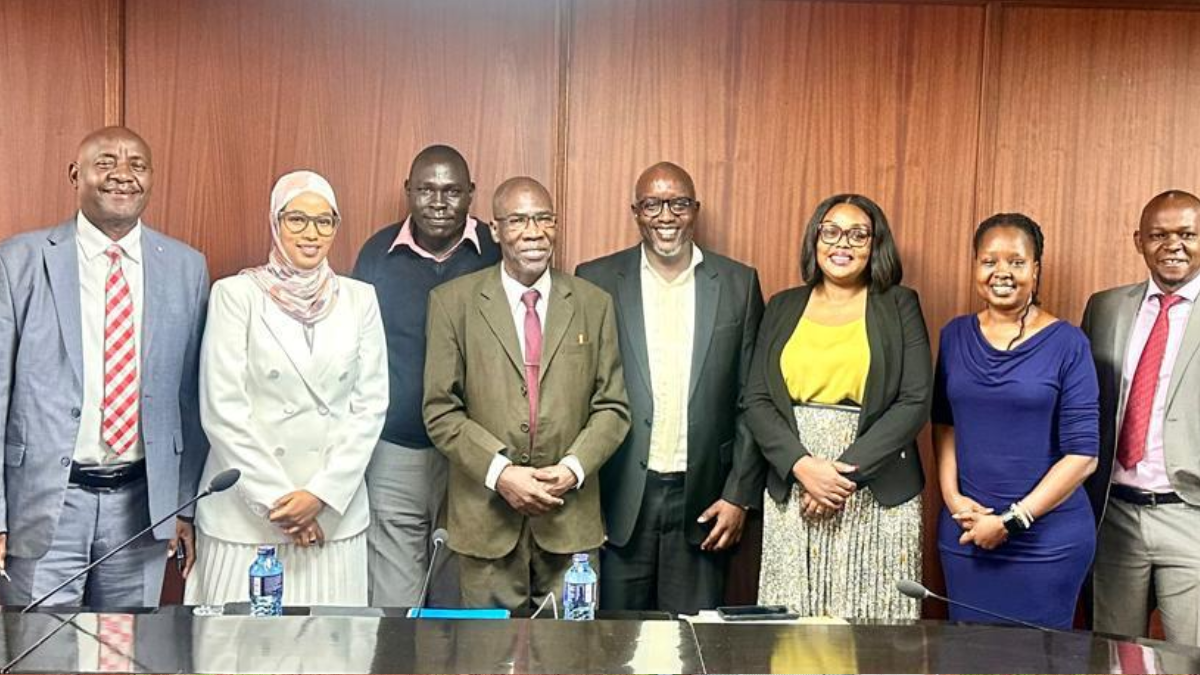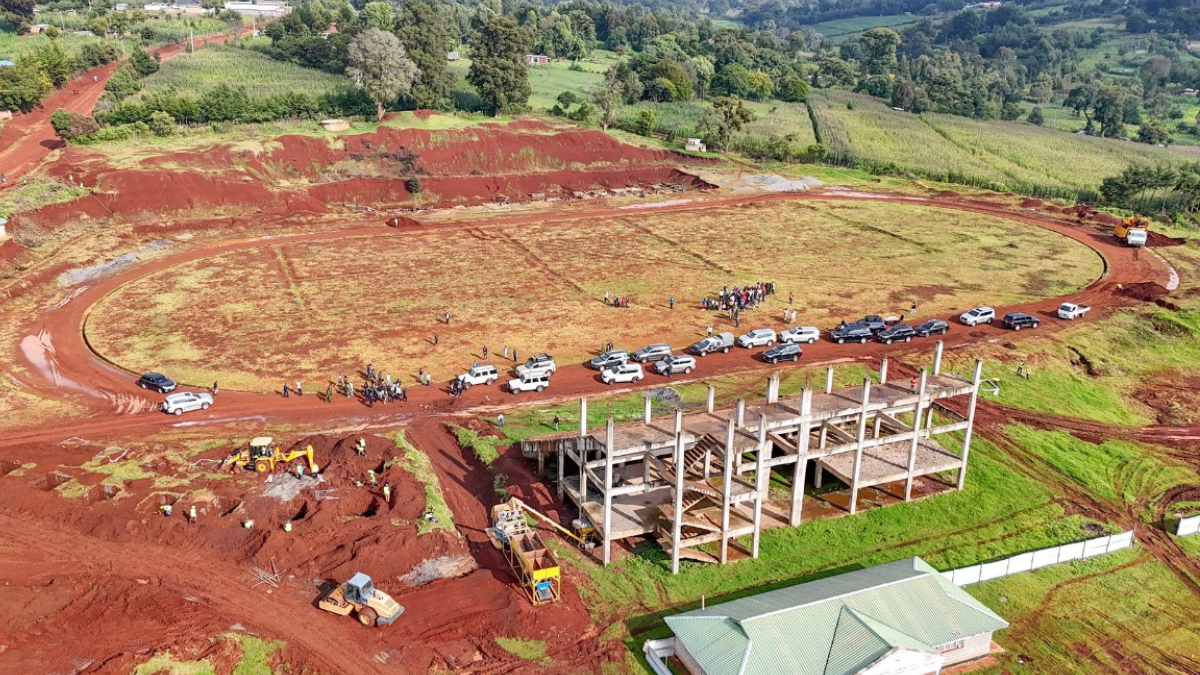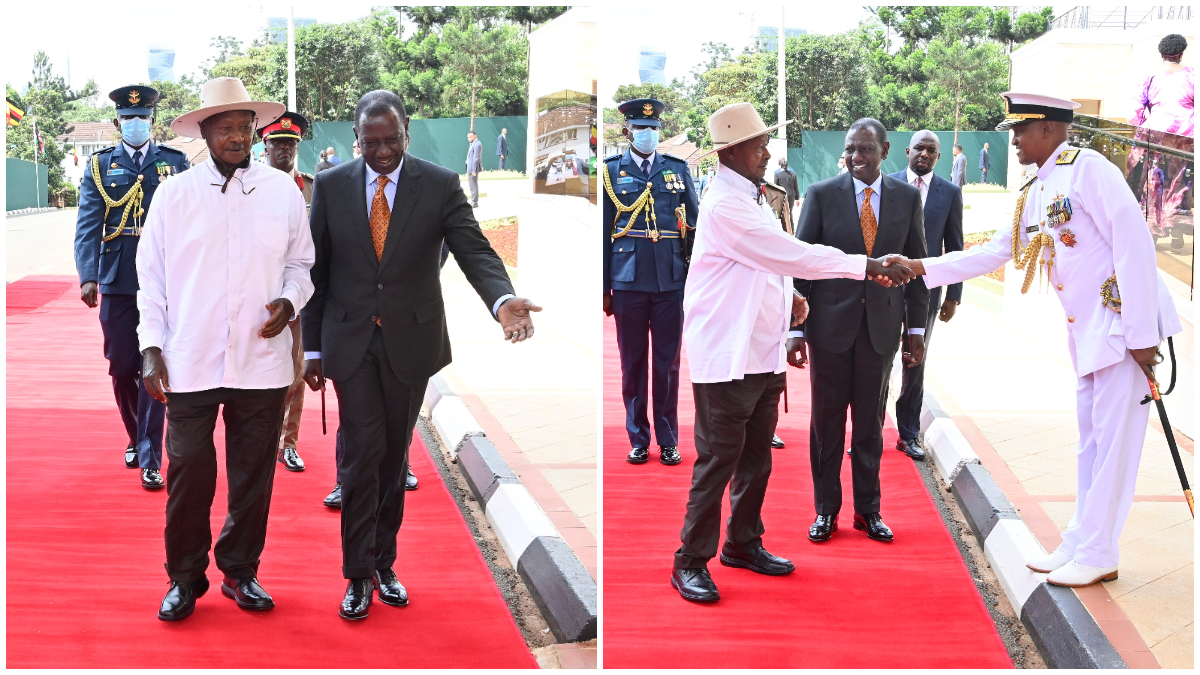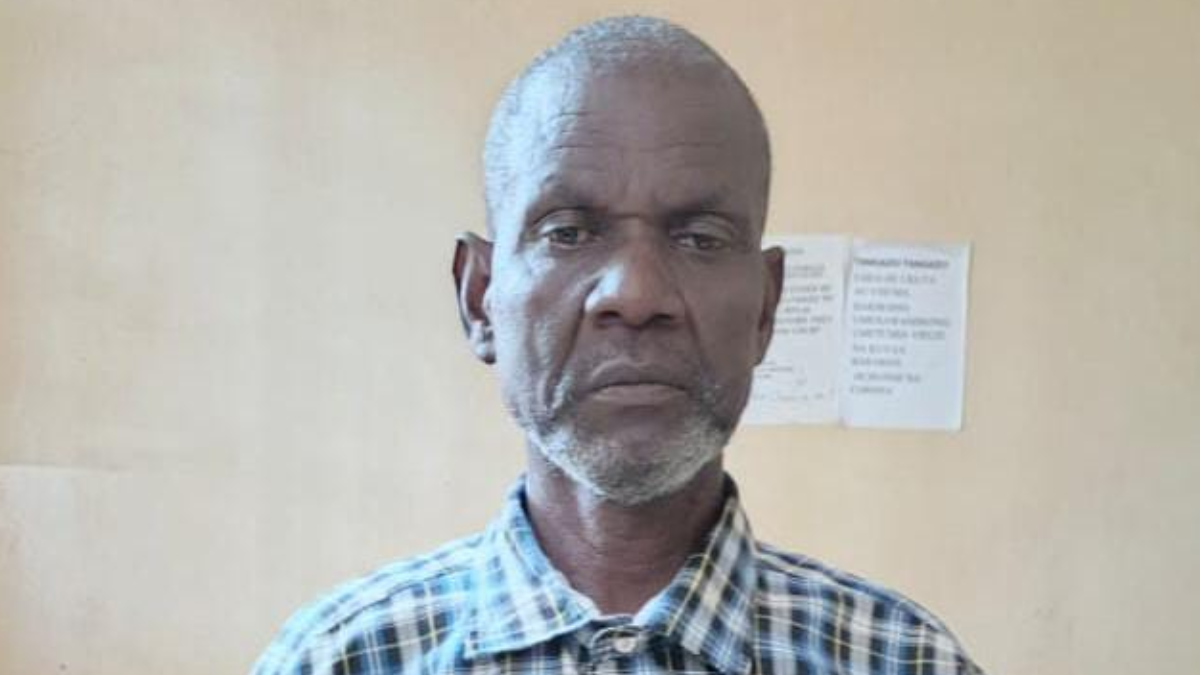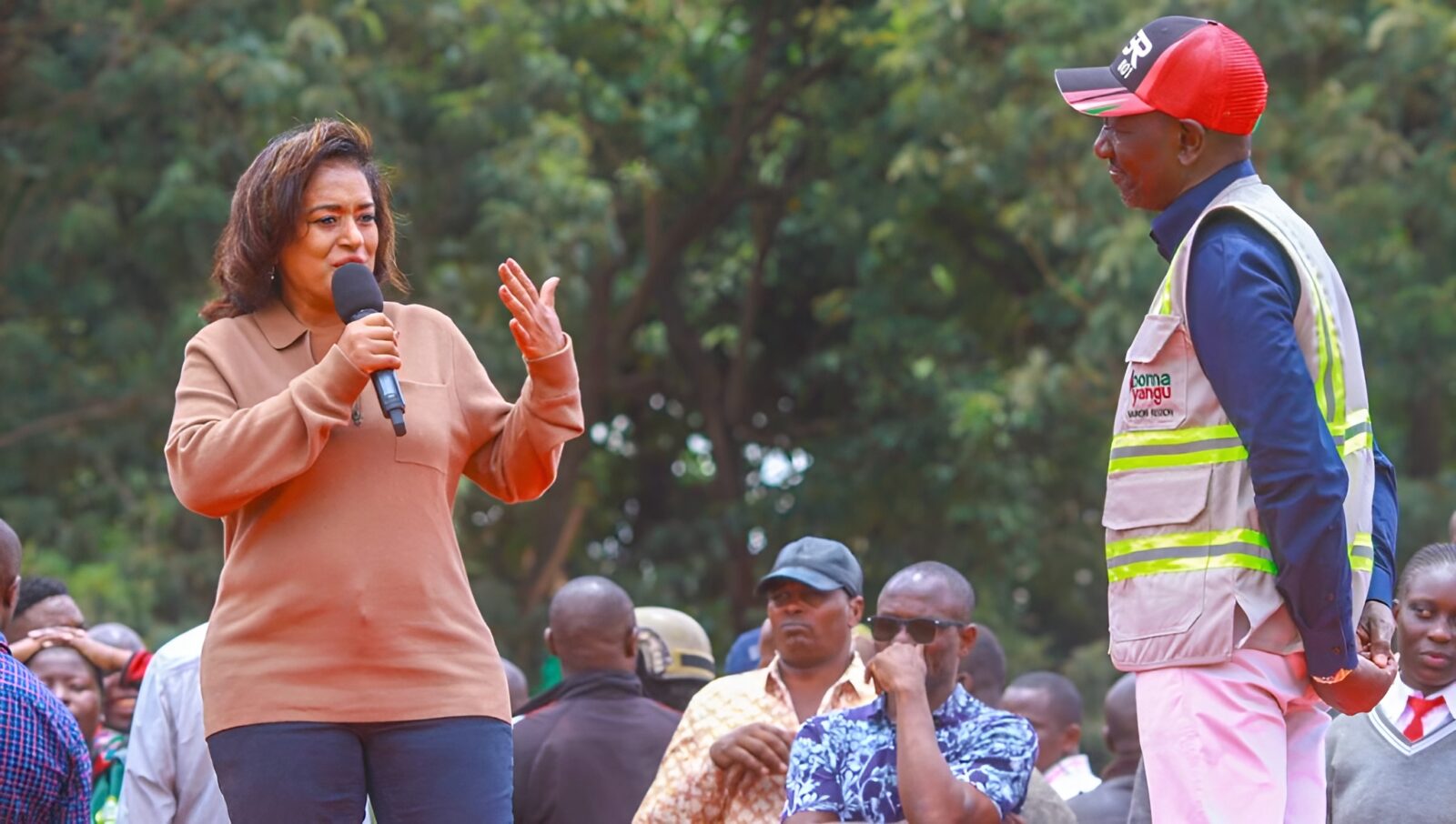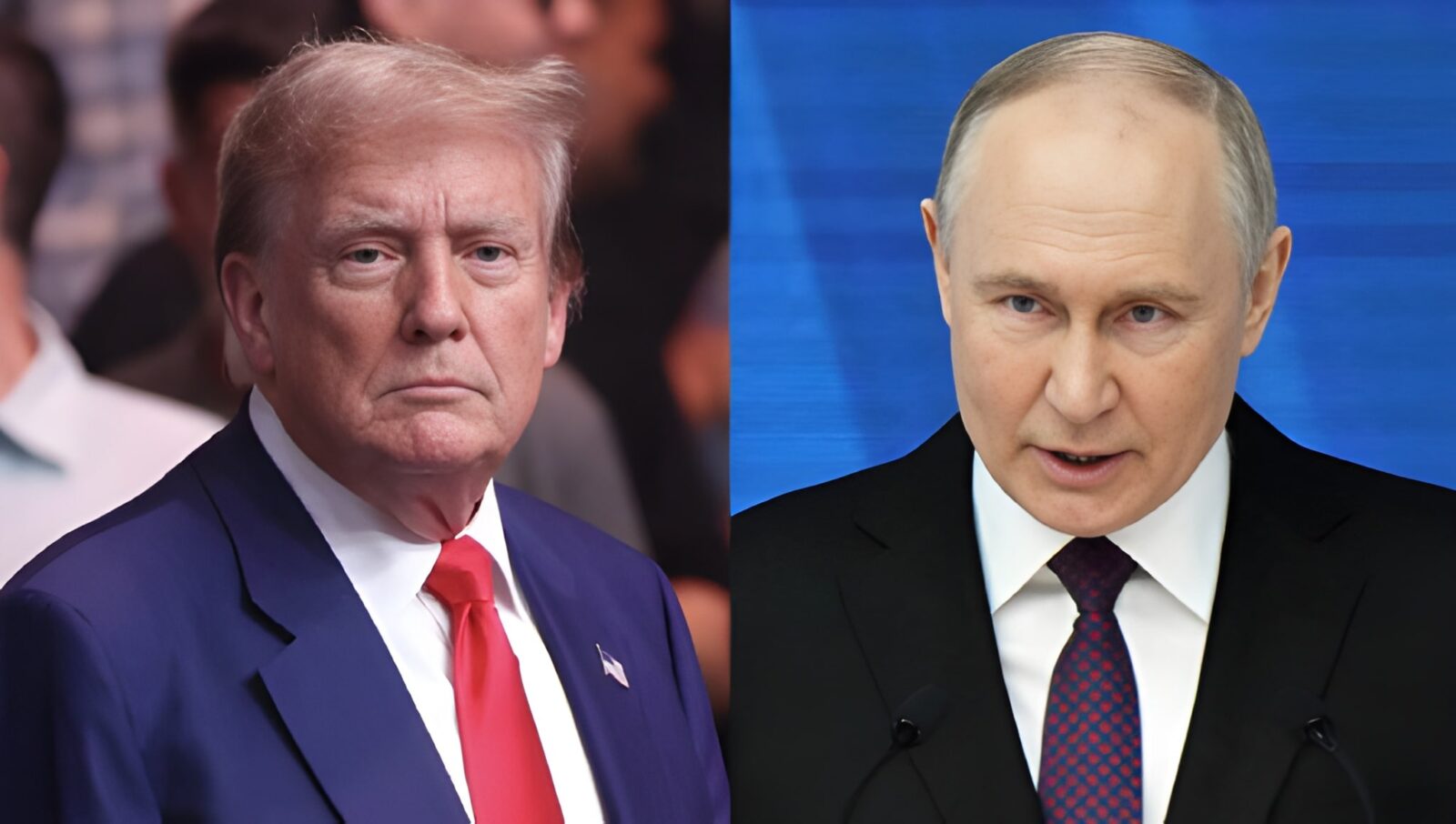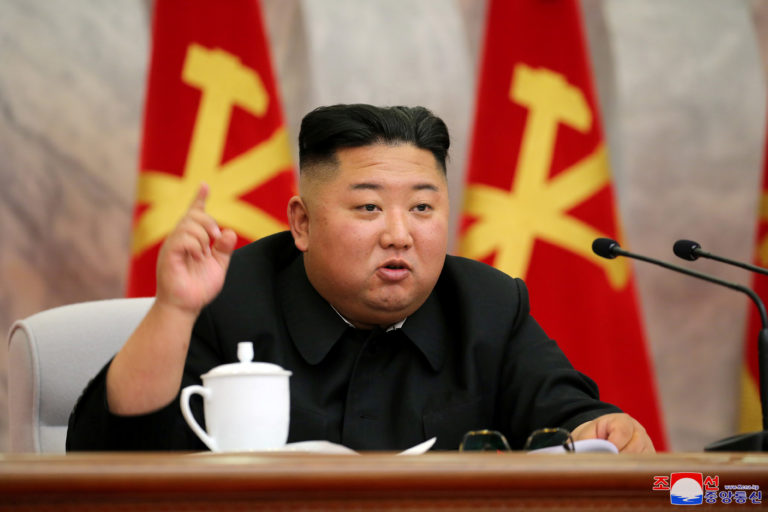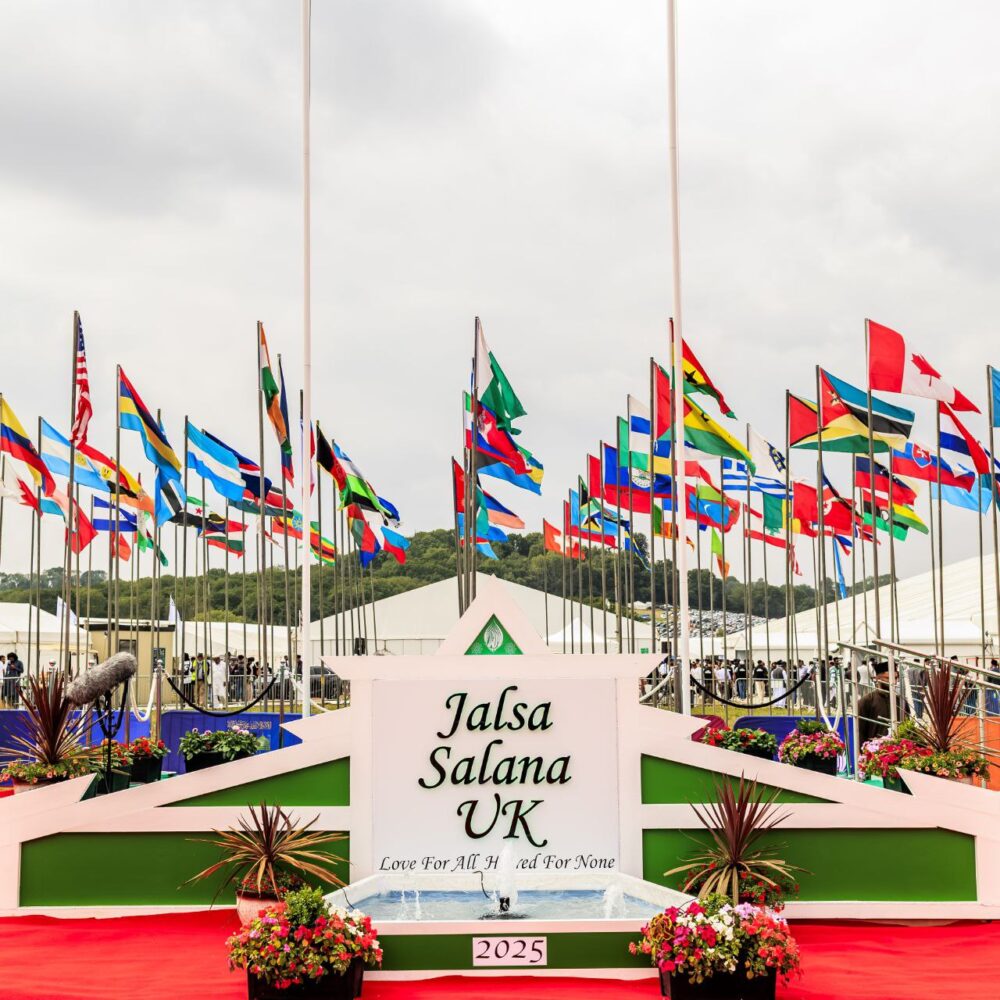The Deputy Chief of Staff in charge of Performance and Delivery Management, Mr. Eliud Owalo has emphasized the government’s commitment to democratic principles and governance standards outlined in United Nations doctrines.
Speaking at the ‘Democratic Governance: Shaping Future International Cooperation and Partnerships’ conference in Nairobi, Mr. Owalo underscored Kenya’s role as a signatory to various international legal frameworks, ensuring its adherence to global standards of governance and public participation.
Mr. Owalo said that public participation is a core value in Kenya’s governance approach. By fostering citizen involvement in decision-making processes, the government aims to build a more inclusive society where the voices of all stakeholders are heard and considered. This commitment is reflected in the reforms across several sectors under the Kenya Kwanza administration.
One of the key pillars of the Kenya Kwanza administration’s transformation agenda, Mr. Owalo explained, is the ongoing overhaul of the healthcare system.
The establishment of the Social Health Authority (SHA), which replaced the defunct National Hospital Insurance Fund (NHIF), aims to provide equitable health services for both salaried and non-salaried citizens. The reforms are intended to ensure broader and fairer access to essential health services for all Kenyans.
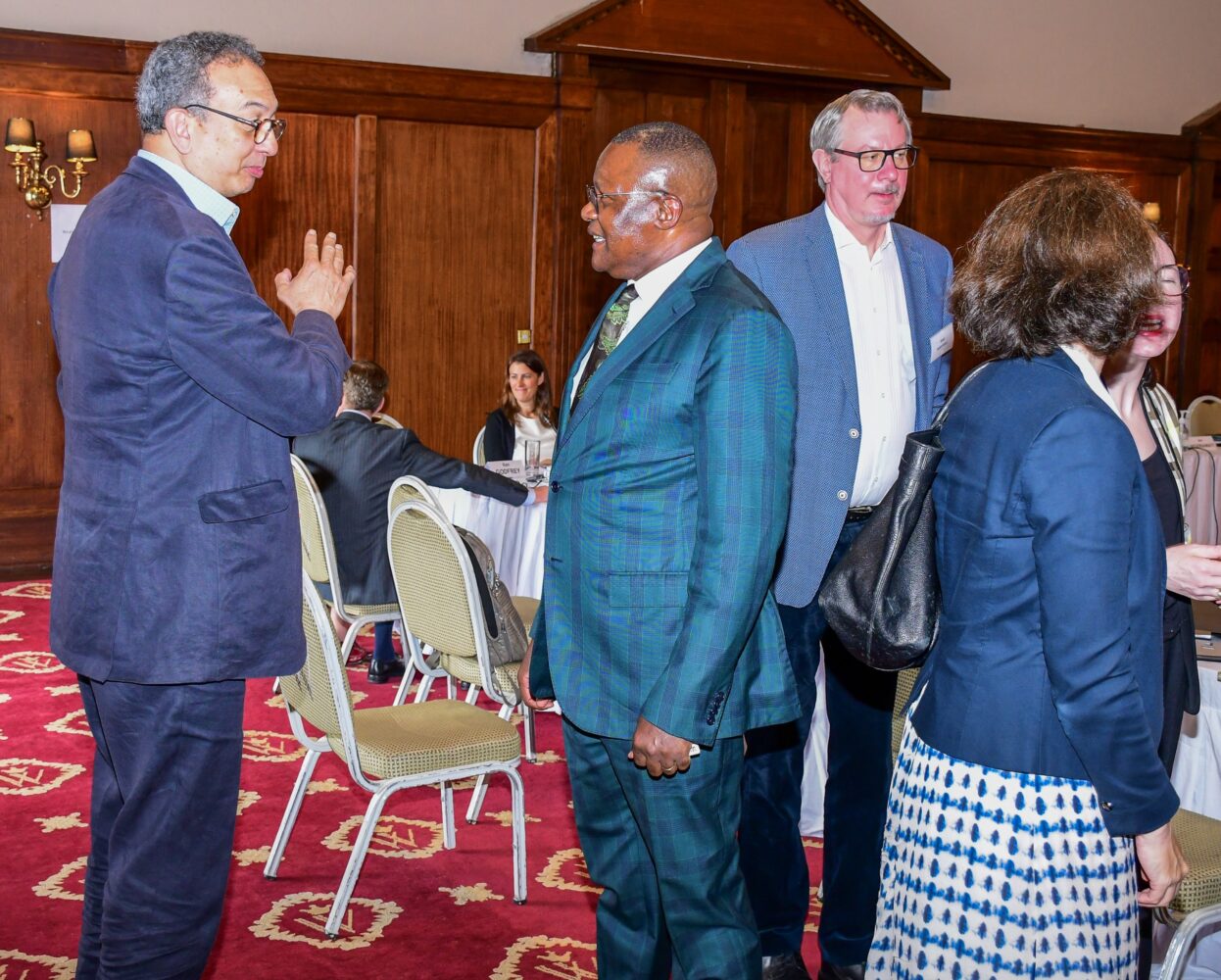
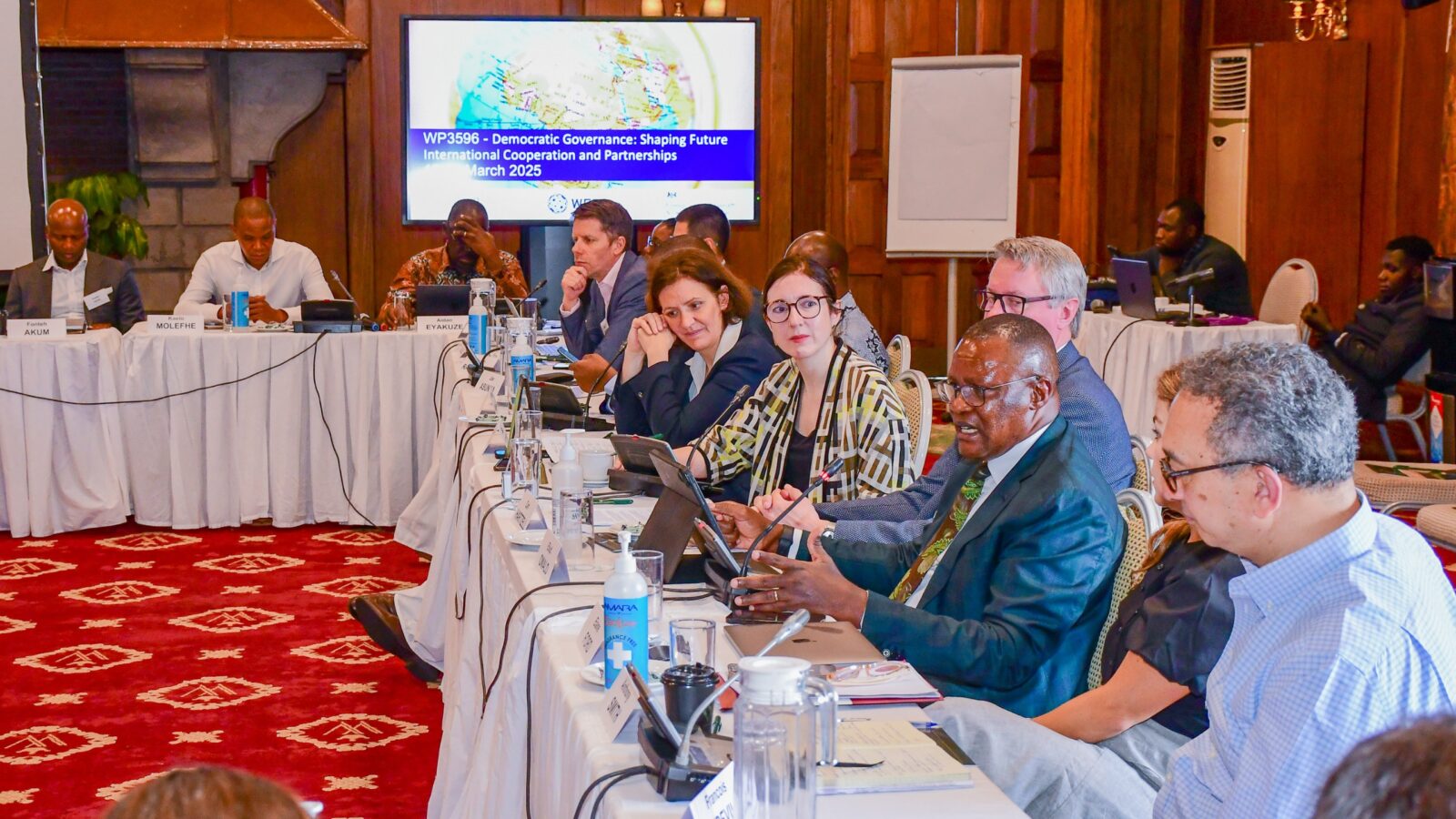
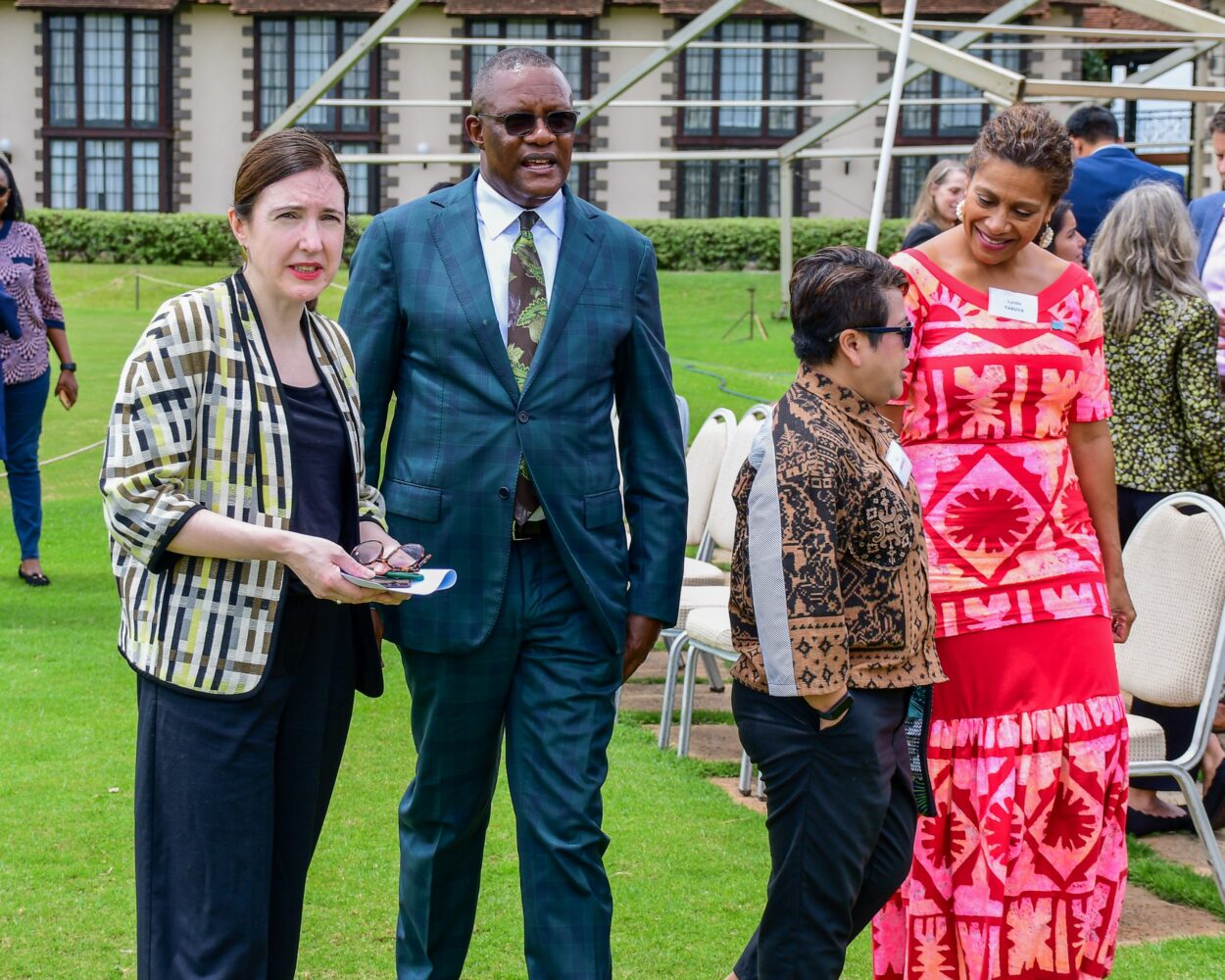
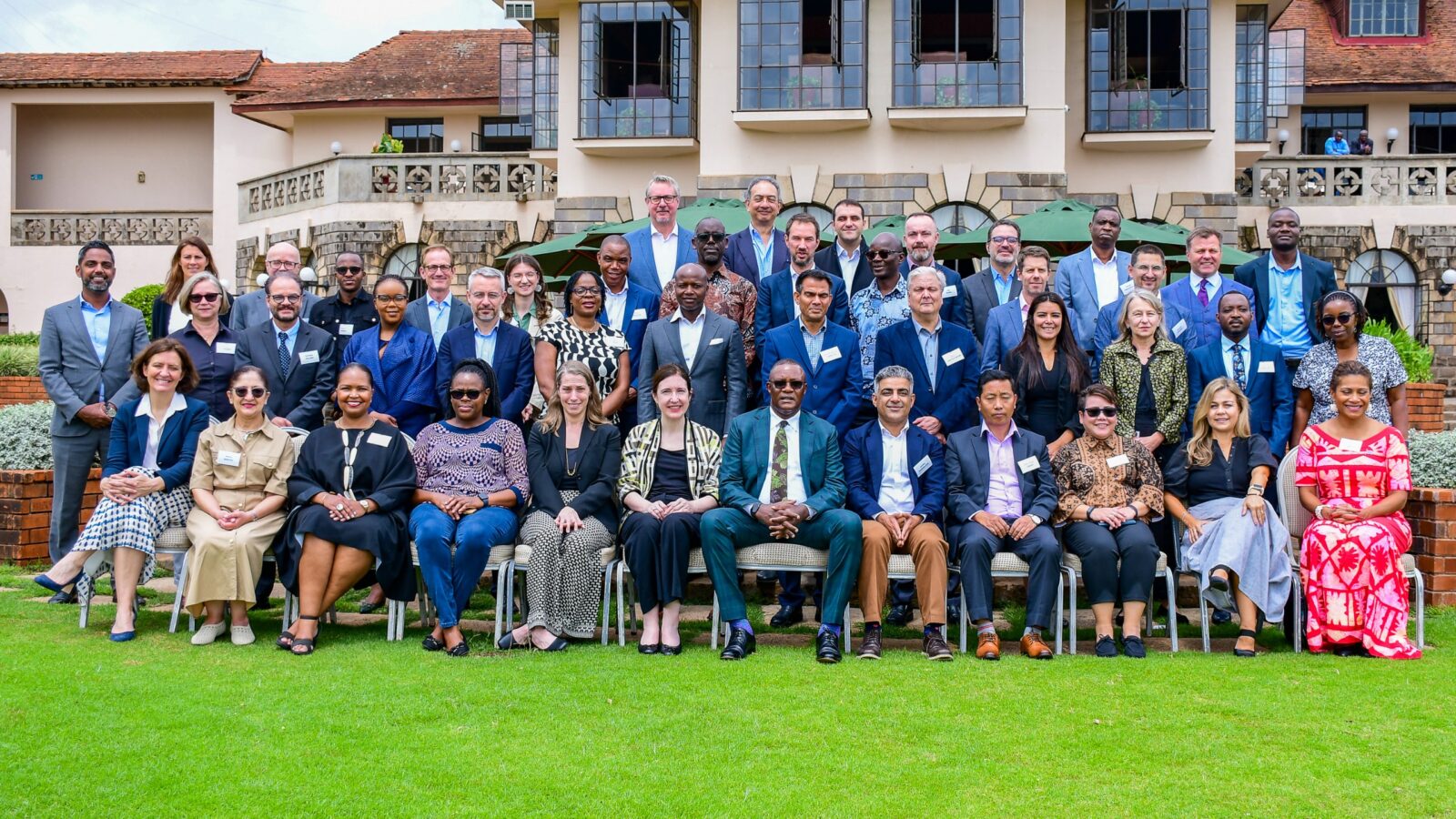
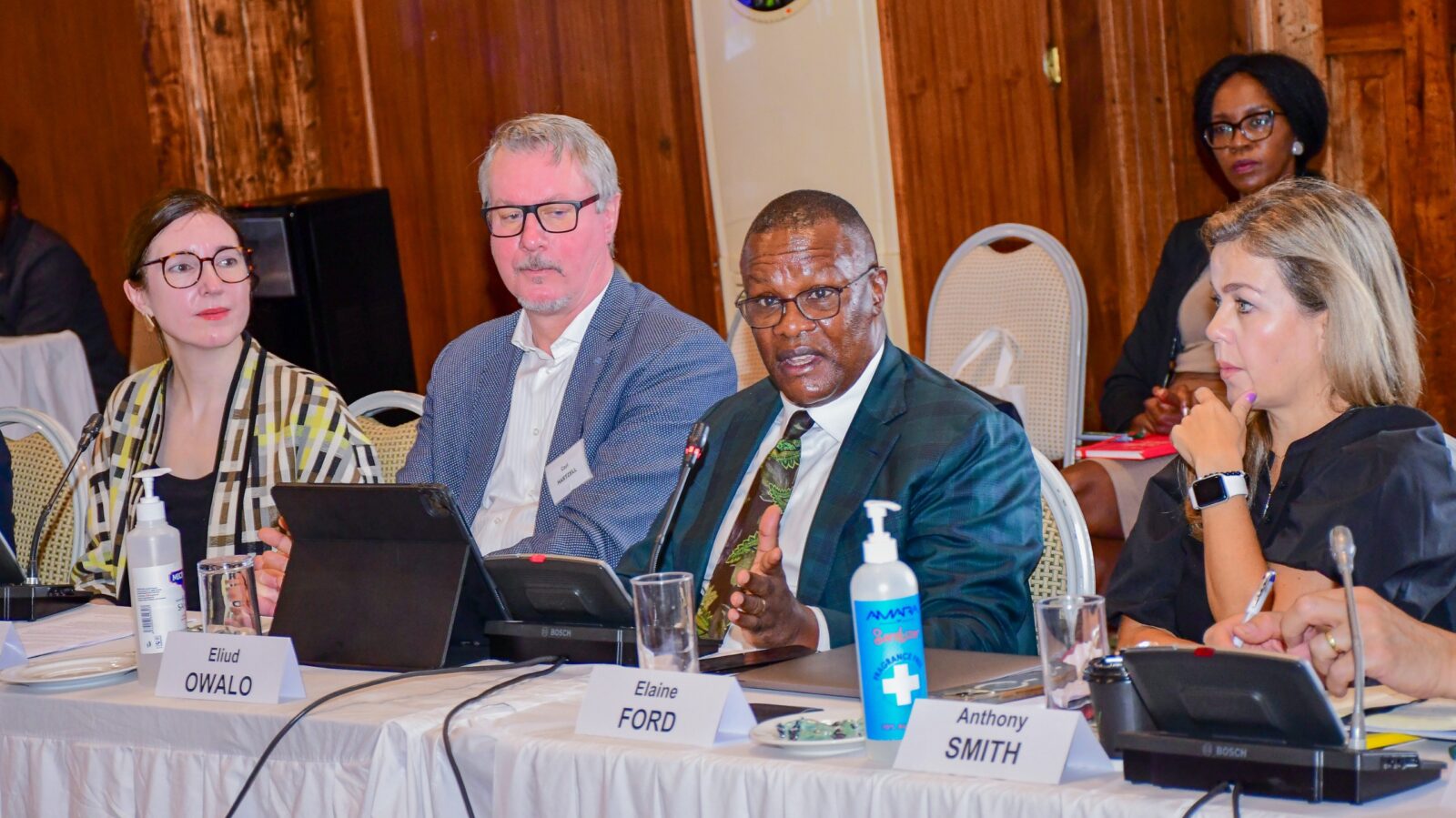
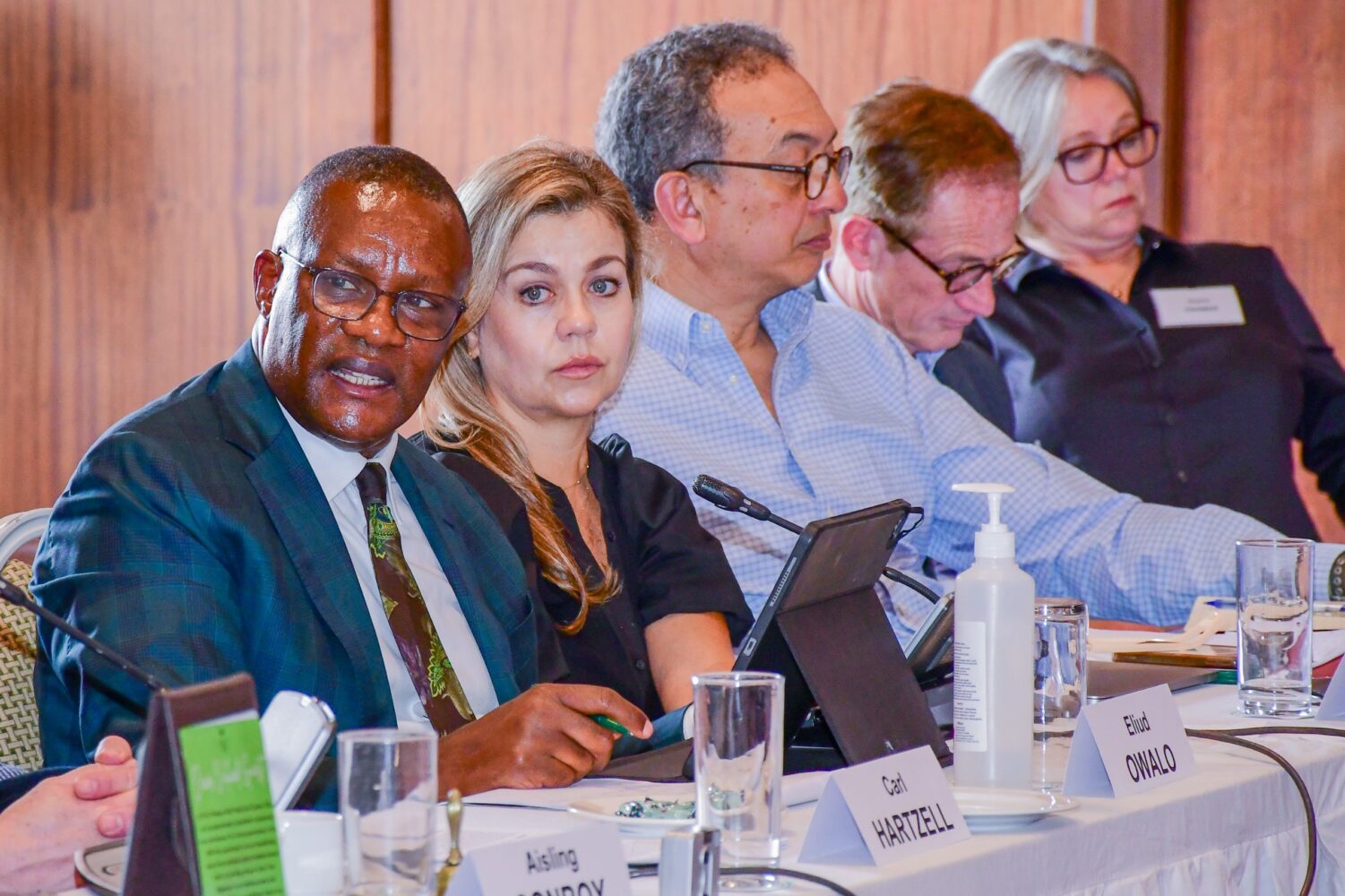
Mr. Owalo also outlined efforts to empower the nation’s youth and women through the introduction of the Hustler Fund.
With this initiative, the government has lowered interest rates on loans from 17 percent to under 10 percent, allowing citizens to access affordable financing via their mobile phones without the burden of excessive prerequisites. This initiative is part of a broader strategy to promote economic inclusion and growth for historically marginalized groups.
Additionally, Kenya Kwanza has focused on reducing the cost of agricultural production, which has resulted in more affordable food prices, helping to ease the nation’s cost of living.
Mr. Owalo said the government’s commitment to economic reform was further demonstrated through its digital economy initiatives, including the digitization of over 20,000 government services and the construction of ICT hubs in all Technical and Vocational Education and Training (TVET) institutions. These measures aim to foster a more inclusive digital economy and bridge the digital divide, with plans to deploy 100,000 kilometers of fiber optic cable nationwide.
The conference, organized by the UK Foreign, Commonwealth and Development Office and the Westminster Foundation for Democracy, brought together policymakers, development partners, and experts to explore the future of international cooperation on democratic governance.
Discussions focused on key economic and financial challenges, including economic growth, trade, anti-corruption measures, and debt management.
Participants noted that stagnant economic growth, shifting trade relations, and rising national debts are among the most pressing challenges facing countries today. They emphasized the importance of accountability, inclusion, and the rule of law as vital components for sustained economic growth and stability.
Furthermore, they discussed the need for more effective cooperation to combat illicit finance and adopt responsible debt management strategies.
The conference also addressed the intensifying impact of climate change, particularly on countries in the Global South, where extreme weather events have caused widespread devastation. Delegates highlighted how democratic governance structures can play a crucial role in facilitating climate adaptation and mitigation strategies.
In light of global geopolitical instability and mounting conflicts, participants noted the increasing threats to national security posed by resource pressures exacerbated by climate change. They agreed that fostering democratic governance is crucial in mitigating these risks and securing a stable, sustainable future for all nations.
As the four-day conference concluded, delegates reaffirmed the importance of international cooperation in promoting democratic values and addressing the interconnected challenges of economic instability, climate change, and geopolitical tensions.


